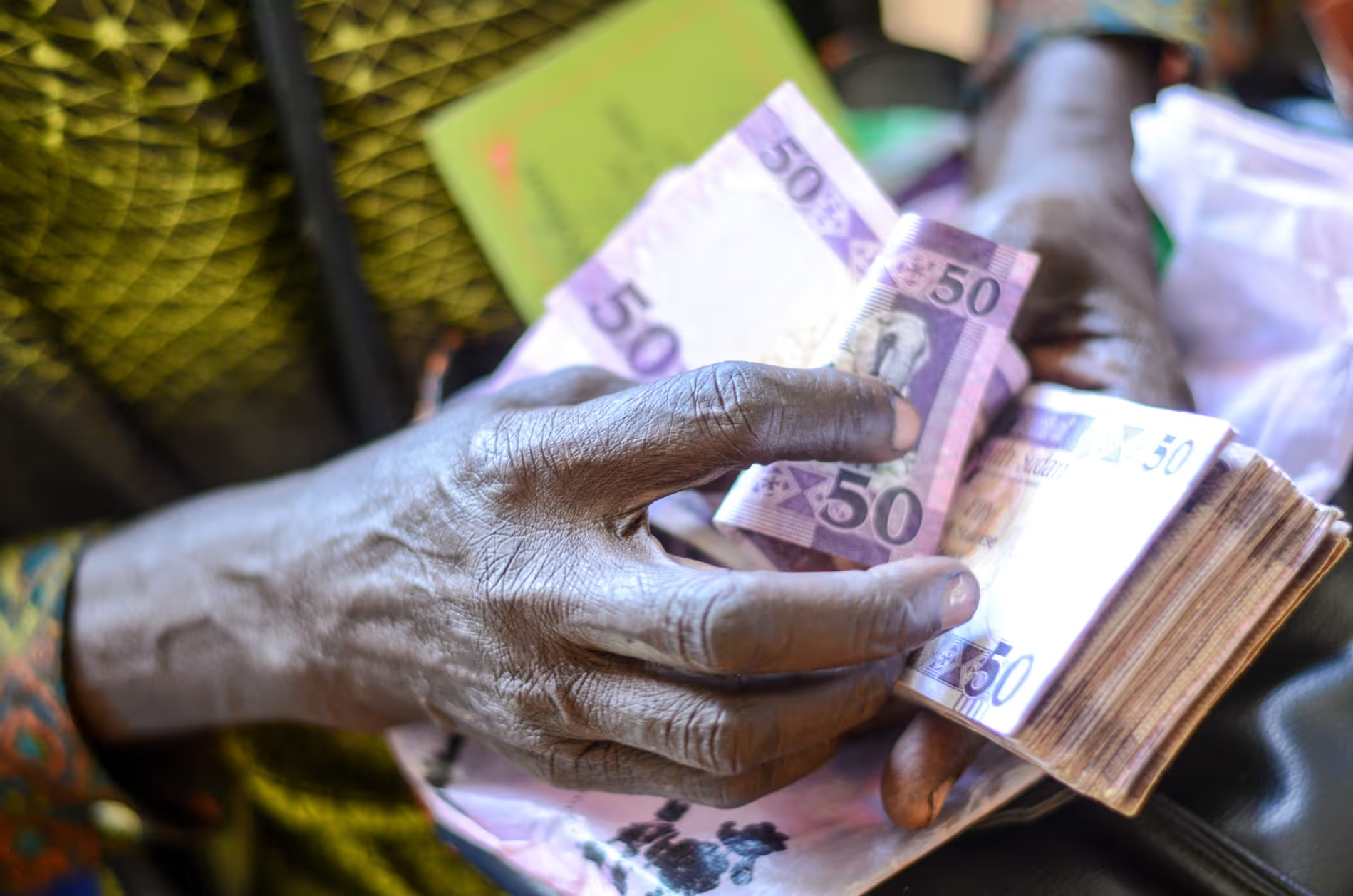Cash-based assistance and the nutrition status of pregnant and lactating women in the Somalia food crisis: A comparison of two transfer modalities

Large-scale emergency assistance programmes in Somalia use a variety of transfer modalities including in-kind food provision, food vouchers, and cash transfers. Evidence is needed to better understand whether and how such modalities differ in reducing the risk of acute malnutrition in vulnerable groups, such as the 800,000 pregnant and lactating women affected by the 2017/18 food crisis.
The research team assessed changes in diet and acute malnutrition status among pregnant and lactating women receiving similarly sized household transfers over a four-month period delivered either as food vouchers or as mixed transfers consisting of in-kind food, vouchers, and cash over a four month period.
The findings show that within the context of the 2017/18 Somalia food crisis, the modality of assistance provided to pregnant and lactating women (mixed transfers or food-vouchers) made no difference in preventing acute malnutrition and protecting nutritional status.
;
;